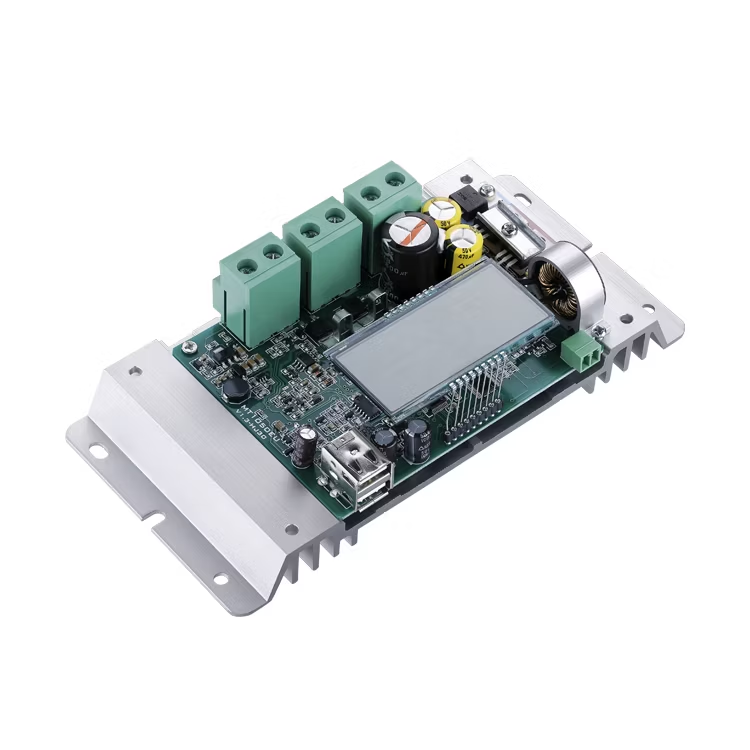
Off-grid solar systems, also known as standalone systems, are independent of the main power grid. They typically consist of solar panels, batteries for energy storage, and an inverter to convert the stored energy into usable electricity. These systems are ideal for remote locations where access to the main power grid is limited or non-existent. They provide a reliable source of energy and can be used to power essential appliances and devices.
On the other hand, on-grid solar systems are connected to the main power grid. They generate electricity from solar panels and feed any excess power back into the grid. This allows consumers to benefit from net metering, where they receive credits for the excess electricity they generate. On-grid systems are a popular choice for urban and suburban areas where the main power grid is readily available.
When considering which option is right for you, several factors should be taken into account. Off-grid systems offer independence and self-sufficiency, making them a good choice for those living in remote areas. They also provide energy security during power outages or in areas with unreliable electricity supply. However, off-grid systems require careful management of energy usage and storage, and they can be more expensive to install and maintain.
On-grid systems, on the other hand, are more cost-effective and easier to install, especially in areas where the main power grid is accessible. They allow consumers to take advantage of net metering and can even generate income through selling excess power back to the grid. However, on-grid systems are dependent on the stability and reliability of the main power grid, and they may not provide energy security during blackouts or emergencies.
When it comes to choosing between off-grid and on-grid solar systems, it's important to consider your specific energy needs, location, budget, and long-term goals. Consulting with a reputable and experienced solar energy provider can help you evaluate your options and make an informed decision.
At Chaozhou Heb Solar Co., Ltd., we understand the importance of providing high-quality and reliable solar solutions to meet the diverse needs of our customers. With multiple factories specializing in R&D and production of solar panels, batteries, inverters, controllers, and photovoltaic power generation systems, we are dedicated to delivering innovative and sustainable energy solutions. Our CE and UL certified products are designed to maximize energy efficiency, reliability, and performance, ensuring that our customers can enjoy the benefits of solar power for years to come. Whether you are considering an off-grid or on-grid solar system, our team of experts is ready to guide you through the process and help you choose the option that is right for you.
